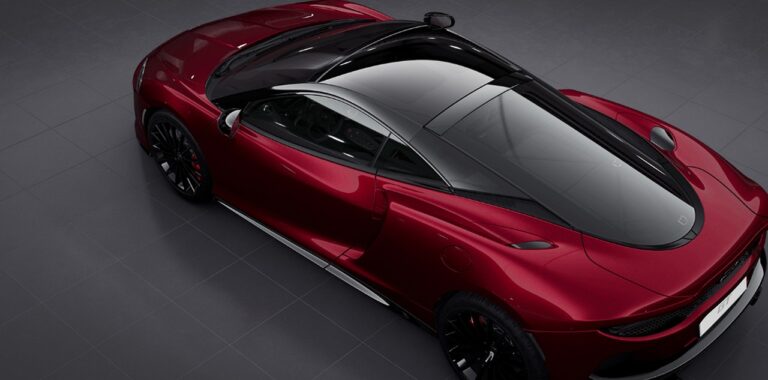The Impact of Electric Vehicles on Traditional Auto Manufacturers
Adapting to electric vehicle technology poses several challenges for traditional auto manufacturers. One significant obstacle is the need to restructure their supply chains to accommodate the unique components required for electric vehicles. This shift can be complex and time-consuming, especially for companies with established processes geared towards traditional combustion engine vehicles.
Another key challenge is the development of the necessary expertise in electric vehicle technology. Traditional auto manufacturers must invest in training their workforce or hiring new talent with the expertise needed to design, produce, and maintain electric vehicles. This transition requires a significant investment of time and resources, adding pressure to companies already facing fierce competition in the rapidly evolving automotive industry.
Rise in competition from new electric vehicle manufacturers
The emergence of new electric vehicle manufacturers has introduced a new wave of competition in the automotive industry. These innovative players bring fresh perspectives and advanced technologies to the market, challenging traditional auto manufacturers to adapt and evolve. With a focus on sustainability and cutting-edge design, these new entrants are reshaping consumer expectations and driving the push towards greener transportation alternatives.
Leading the pack are companies like Tesla, Rivian, and Lucid Motors, who have gained significant market traction with their high-performance electric vehicles. Their success is not only based on superior battery technology and longer range capabilities but also their strong branding and customer appeal. As these new competitors continue to disrupt the industry, traditional auto manufacturers are under pressure to accelerate their electrification efforts and invest in research and development to stay relevant in an increasingly competitive landscape.
Impact of government regulations on traditional auto manufacturers
Government regulations play a critical role in shaping the landscape for traditional auto manufacturers. Regulations aimed at reducing emissions and promoting sustainability have pushed these manufacturers to accelerate their shift towards electric vehicle (EV) technology. This transition comes with its challenges, as traditional automakers must invest in research, development, and restructuring to comply with stringent environmental standards set by governments worldwide.
Furthermore, government incentives and subsidies provided to promote the adoption of EVs have put pressure on traditional manufacturers to enhance their EV offerings and infrastructure. Failure to keep pace with these regulations could result in financial penalties, loss of market share, and a tarnished reputation in the ever-evolving automotive industry. Adapting to the regulatory framework requires traditional auto manufacturers to not only innovate but also collaborate with policymakers to shape policies that drive sustainable mobility solutions.





